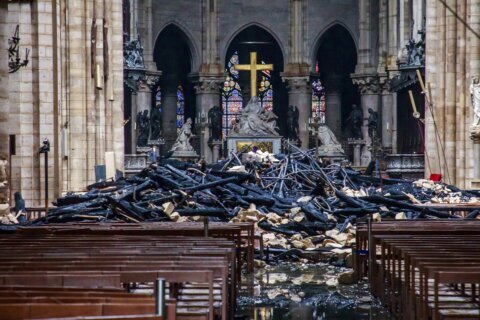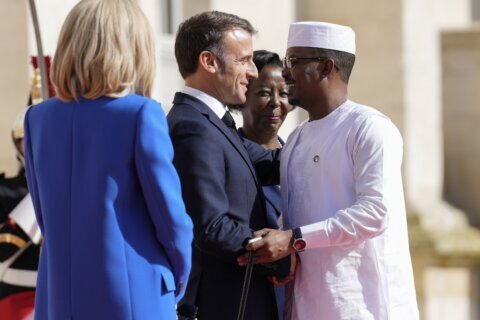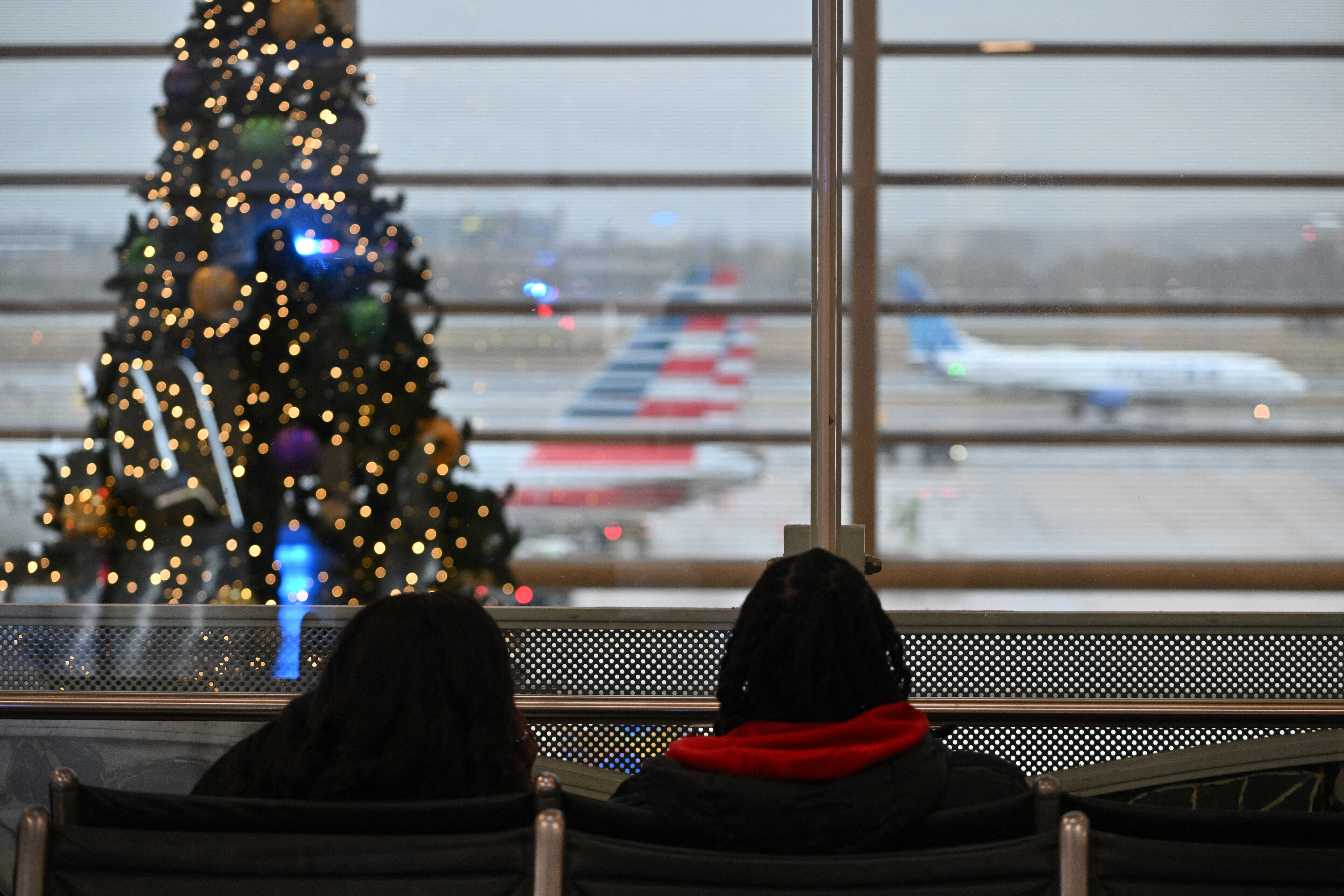BUSAN, South Korea (AP) — Negotiators working on a treaty to address the global crisis of plastic pollution inched closer to an agreement Friday, with more countries saying they want to address the total plastic on Earth.
The most contentious issue of the talks is whether there will be a limit on the amount of plastic that companies are allowed to produce. Panama proposed text for the treaty to address plastic production on Thursday.
Juan Carlos Monterrey, head of Panama’s delegation, said it’s a compromise proposal to build consensus because it does not include a numerical target or production cap. Instead, it says countries would adopt a global target at a later conference of the parties meeting.
Support for Panama’s proposal quickly grew to over 100 countries. Some plastic-producing and oil and gas countries, including Saudi Arabia, vigorously oppose including plastic production in the treaty, calling it a red line. Russia’s delegation has said if the world is serious about this treaty, negotiators must concentrate on provisions acceptable for all delegations.
On Friday afternoon, Luis Vayas Valdivieso, the committee chair from Ecuador, issued a paper with draft treaty text, condensing the views expressed by negotiators during the week. The treaty article on production has Panama’s proposal. The other option is to strike that article.
“This is great! This is great,” Monterrey said as he read the document on his cellphone just after it was issued.
“It is a big show of force, of muscle, for those countries that are ambitious. And also this shows that consensus is still possible,” he said in an interview.
Global plastics production is set to reach 736 million tons by 2040, up 70% from 2020, without policy changes, according to the Organization for Economic Cooperation and Development.
Environmental organizations demonstrated with signs outside the convention center Friday morning, demanding that negotiators show courage.
Negotiators began meeting Monday in Busan. They split into groups to consider text for treaty articles. By the midpoint of the negotiations, none had agreed to anything. They were having long discussions over topics where there’s more agreement, such as the need to manage plastic waste better. And they hadn’t settled on some of the basics of the treaty, such as the scope and definitions.
Valdivieso told them Wednesday night their progress was too slow and they had to speed up significantly.
The delegations will now discuss Valdivieso’s paper and decide whether to agree to the articles. The meeting ends late Sunday or early Monday.
U.N. Environment Program Executive Director Inger Andersen said there’s still enough time to land an agreement, “if we work hard.”
___
The Associated Press’ climate and environmental coverage receives financial support from multiple private foundations. AP is solely responsible for all content. Find AP’s standards for working with philanthropies, a list of supporters and funded coverage areas at AP.org.
Copyright © 2024 The Associated Press. All rights reserved. This material may not be published, broadcast, written or redistributed.







